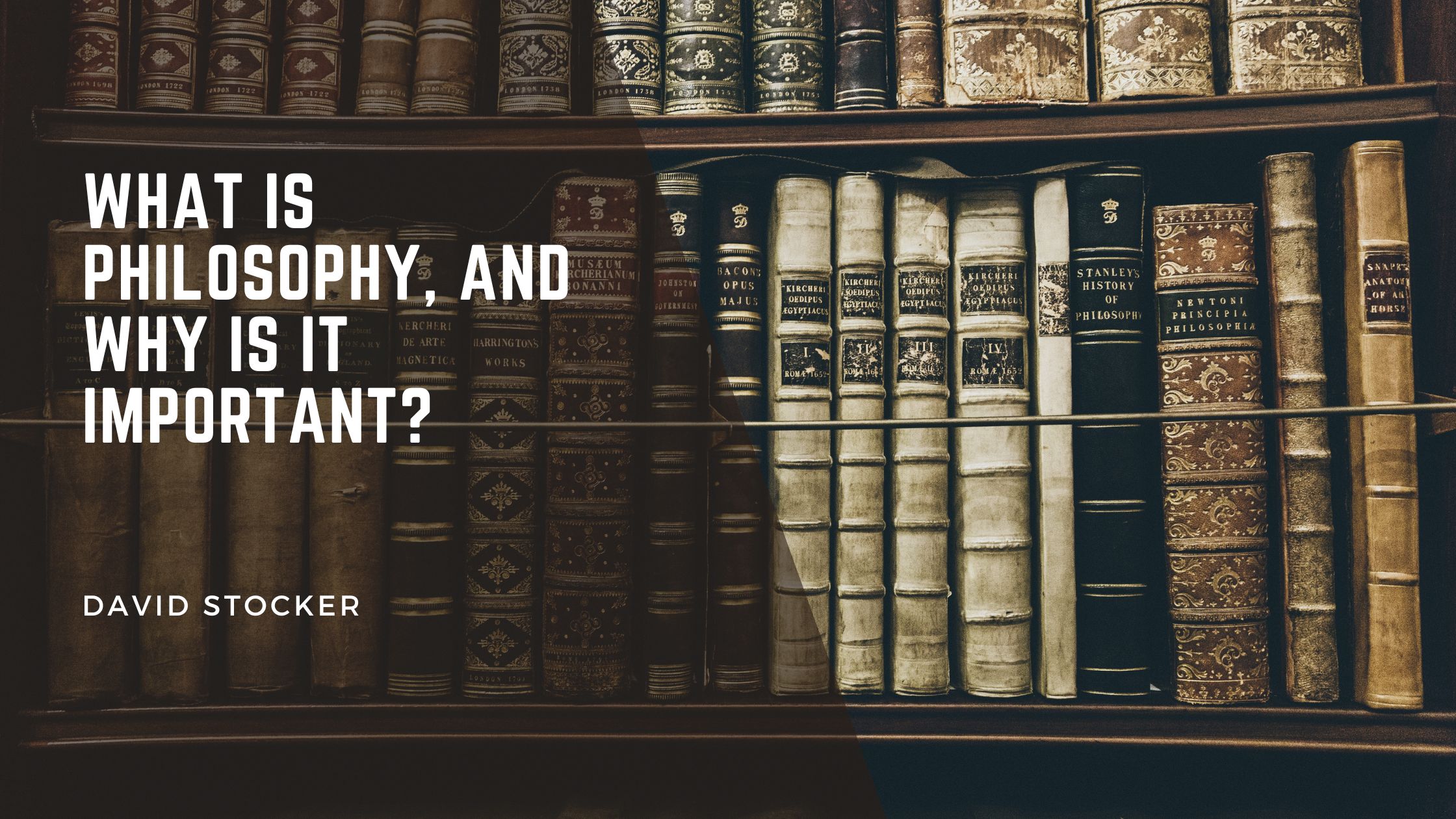Philosophy is often considered one of human inquiry’s oldest and most fundamental disciplines. It seeks to explore the nature of existence, knowledge, reality, ethics, and the human experience through critical analysis, reasoned argumentation, and contemplative reflection. While the questions addressed by philosophy may seem abstract and philosophical discussions may sometimes appear esoteric, the discipline plays a crucial role in shaping our understanding of the world and our place within it. This blog post will explore philosophy and why it is essential for individuals and society.
Understanding Philosophy:
At its core, philosophy is a systematic inquiry into the fundamental questions of human existence and experience. It encompasses a wide range of topics, including metaphysics (the nature of reality), epistemology (the nature of knowledge), ethics (the principles of right and wrong), aesthetics (the nature of beauty), logic (the principles of reasoning), and political philosophy (the nature of society and governance). Philosophers seek to uncover underlying truths, challenge assumptions, and develop coherent and rational explanations for the phenomena we encounter.
The Importance of Philosophy:
- Critical Thinking Skills: Philosophy encourages critical thinking, analytical reasoning, and logical argumentation. By engaging with complex ideas and evaluating different perspectives, individuals develop the ability to think critically, assess evidence, and make informed decisions in various aspects of life.
- Ethical Reflection: Philosophy provides a framework for ethical reflection and moral reasoning. By exploring ethical theories and principles, individuals can develop a deeper understanding of right and wrong, cultivate virtues such as empathy and compassion, and make moral choices that promote human flourishing and well-being.
- Meaning and Purpose: Philosophy addresses questions of meaning, purpose, and existential concerns central to the human condition. Individuals can cultivate a more profound sense of meaning, purpose, and fulfilment by grappling with questions of existence, mortality, and the nature of reality.
- Cultural and Intellectual Heritage: Philosophy is an integral part of humanity’s cultural and intellectual heritage. It encompasses the wisdom of ancient civilizations, the insights of great thinkers throughout history, and the ongoing dialogue and debate among contemporary philosophers. Studying philosophy allows individuals to connect with this rich intellectual tradition and gain insights into the diversity of human thought and experience.
- Social and Political Engagement: Philosophy has profound social and political discourse implications. By examining concepts such as justice, equality, freedom, and democracy, philosophers contribute to debates on social issues, human rights, and the common good. Philosophy encourages individuals to critically evaluate social norms and institutions, challenge injustice, and advocate for positive societal change.
Conclusion:
In summary, philosophy is a fundamental discipline that explores the most profound questions of human existence and experience. Philosophy enriches our lives by cultivating critical thinking skills, ethical reflection, and a deeper understanding of the world and contributes to personal growth, intellectual development, and social engagement. Whether pondering the nature of reality, grappling with ethical dilemmas, or reflecting on the meaning of life, philosophy invites individuals to engage in a lifelong journey of inquiry, reflection, and discovery.

